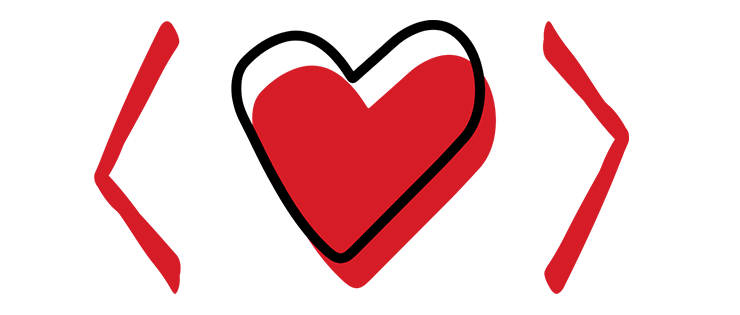
Every year, September 29th is World Heart Day. This year’s theme is My Heart, Your Heart as we think of ways we can help our own hearts but also those of people around us. For this World Heart Day, I’m going to clear up some confusion around what the difference between a heart attack and a cardiac arrest is and leave you with one very important way you can help others’ hearts.
Our hearts are made up of specialized muscle and it beats from before you’re born to the day you die. That’s a lot of work for muscle to do. To ensure the heart muscle can do its best work, it has its own blood supply. The blood vessels that supply blood, rich with oxygen and other nutrients are called coronary arteries. The travel on the surface of the heart to keep the heart muscle working.
In some people, those arteries can develop blockages. These happen due to a combination of things; genetics, diet, exercise, smoking, high blood pressure or diabetes. Plaque forms inside these arteries, making it hard for the blood supply to get through to the muscle. When one of these arteries blocks really suddenly, the blood supply to the heart muscle gets interrupted. When that happens, some of the muscle can die. This is called a heart attack.
The symptoms of a heart attack include pain or discomfort in the chest, difficulty breathing, nausea and vomiting or pain in the jaw, arm or back. It’s a true medical emergency and needs a quick trip to hospital in ambulance to open up the blood vessels and save the heart muscle. Heart attacks are incredibly common but also very preventable if we take care of ourselves.
A cardiac arrest is quite different. A cardiac arrest happens when your heart stops beating. In some cases, this can happen due to a heart attack, an interruption of the heart’s blood supply. But there are a lot of other reasons too including problems with the heart’s electrical system, a disease of the heart muscle or heart valves or a number of conditions outside of the heart.
Someone who has had a cardiac arrest won’t wake up when you gently shake their shoulder or shout their name. They won’t be breathing, and their heart is stopped meaning all of their other vital organs such as their brains, liver or kidneys.
Here’s where this year’s World Heart Day theme comes into play because with a cardiac arrest, we can all try and be lifesavers. If someone’s heart has stopped and they have had a cardiac arrest, you need to resuscitate them by performing CPR (cardiopulmonary resuscitation) which we should all learn how to do. A large number of public spaces have automated defibrillators which send a shock through the heart to hopefully restart it. Hearts can be restarted but we have to act quickly.
For World Heart Day, to take care of someone else’s heart, check out CPR courses in your local area. They’re often run by St John Ambulance and can really save someone’s life.